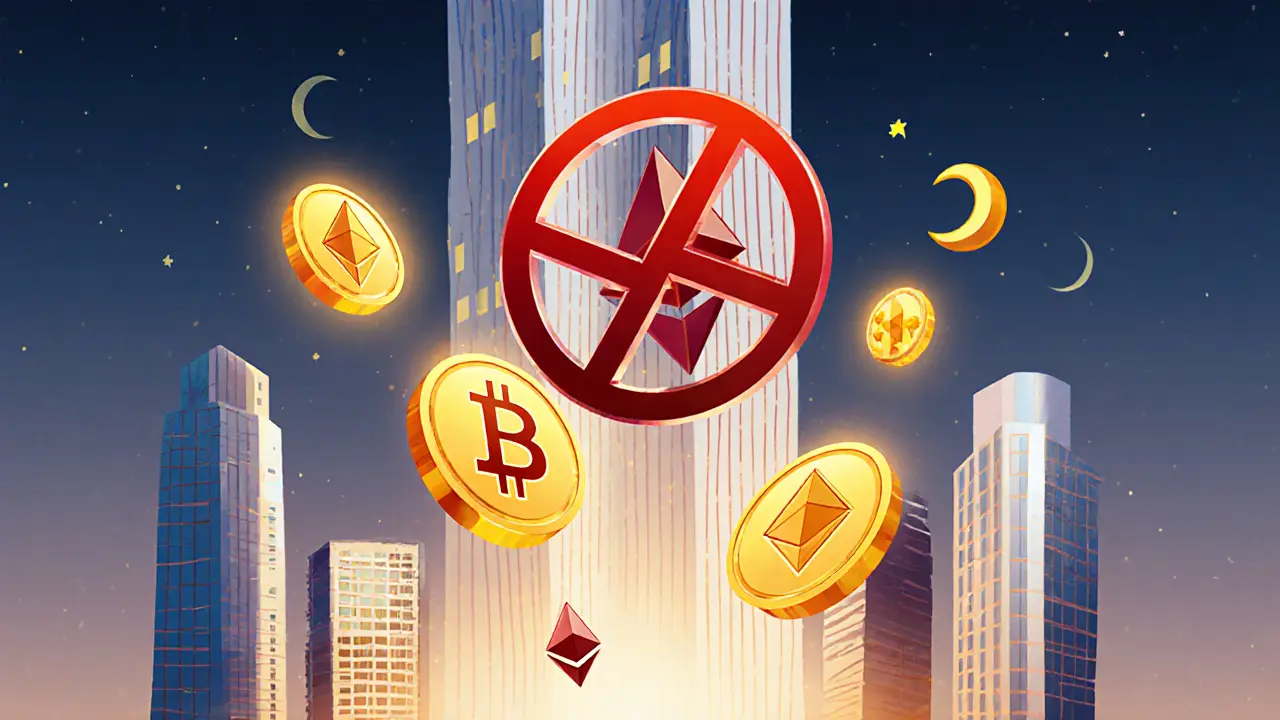QFC Digital Assets Regulations
When it comes to QFC Digital Assets Regulations, a set of legal standards governing how digital currencies are issued, traded, and monitored in regulated financial zones. These rules are designed to stop fraud, protect users, and bring clarity to crypto businesses operating in jurisdictions that demand oversight. They’re not just paperwork—they directly impact whether a platform like JPEX gets shut down, if a Pakistani exchange can get licensed, or if you can legally bank your crypto profits in Nigeria.
These regulations tie into other key concepts like crypto regulation Nigeria, the national framework requiring exchanges to get SEC approval and report user activity, and PVARA licensing, Pakistan’s specific process for approving crypto service providers. They also connect to the risks you see in posts about unlicensed platforms, where weak oversight leads to scams, rug pulls, or frozen funds. QFC-style rules don’t ban crypto—they force it to play by the same accountability standards as banks and brokers.
What you’ll find in this collection isn’t just theory. It’s real examples: how JPEX collapsed because it ignored regulatory red flags, how GoodExchange vanished because it had no legal footprint, and how Pakistan’s licensing steps are still full of contradictions. You’ll also see how rules in one country—like Nigeria’s clear path or Afghanistan’s outright ban—change what’s possible for everyday users. These aren’t abstract laws. They’re the invisible walls that separate safe platforms from scams, and legal trading from arrest.
If you’re using crypto seriously, you need to know where the line is. QFC Digital Assets Regulations are one of the clearest frameworks out there, and understanding them helps you avoid platforms that are walking on thin ice. Below, you’ll find deep dives into the exchanges, tokens, and scandals that prove why these rules matter—not just to lawyers, but to anyone holding digital assets today.
Qatar's Financial Sector Crypto Ban and the Rise of Regulated Asset Tokenization
Qatar bans cryptocurrency trading but allows tokenization of real assets like real estate and sukuk. Learn how its strict crypto prohibition coexists with a growing regulated digital asset market in the GCC.
learn more